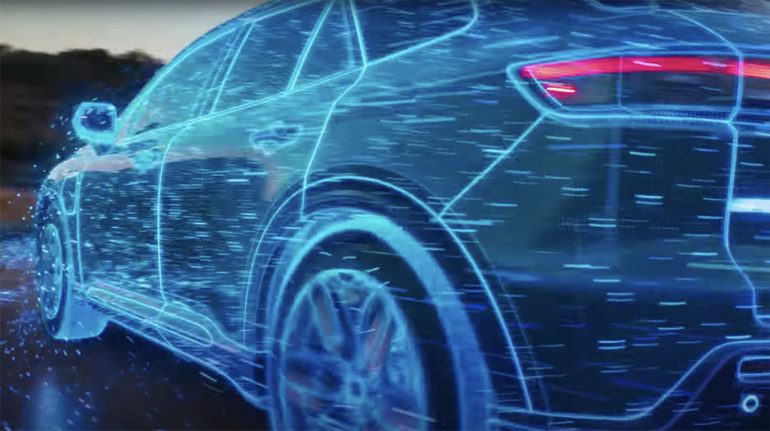
Honda and General Motors have decided to abandon their joint plan to develop affordable electric vehicles, according to an announcement by the Japanese automaker. This decision comes just a year after the two companies initially joined forces with the aim of challenging Tesla’s dominance in the electric vehicle market.
The move reflects a strategic shift by General Motors, highlighting its intention to delay the launch of various electric vehicle models in favor of a stronger focus on profitability. This shift in strategy has been prompted by the significant costs incurred due to United Auto Workers strikes, which have been costing the company as much as $200 million per week this month. Consequently, General Motors withdrew its previous profit outlook for 2023.
Also, don’t forget that you can get discounted new car pricing with a free quote through qualified local dealer partners.
“After conducting some research and analyses, both parties decided to end the development,” Honda stated. “Each company will continue to work towards offering affordable models to the EV market.” While the joint development plan may have been abandoned, Honda maintains its commitment to selling only electrified vehicles by 2040.
Last year, in April, the two auto giants had announced their partnership to create a range of lower-cost electric vehicles, all based on a new shared platform. Their collaboration aimed to produce potentially millions of these electric cars starting from 2027. These “affordable” EVs were set to include compact crossover vehicles and were to be constructed using General Motors’ Ultium battery technology.
The decision to discontinue the project was first reported by Bloomberg, and it was further elaborated on in an interview with Honda’s CEO, Toshihiro Mibe. Mibe explained, “After studying this for a year, we decided that this would be difficult as a business, so at the moment, we are ending development of an affordable EV.”
Notably, this decision to end the joint development does not affect Honda’s separate partnership with General Motors and its subsidiary, Cruise. This separate collaboration is aimed at establishing a joint venture with Cruise, with plans to launch a driverless ride service in Japan by early 2026.
However, it’s worth mentioning that this driverless technology partnership has recently faced regulatory issues. The state of California has ordered Cruise to remove its driverless cars from its roads, citing concerns about the safety of the technology and accusing the company of “misrepresenting” the safety of its autonomous vehicles.